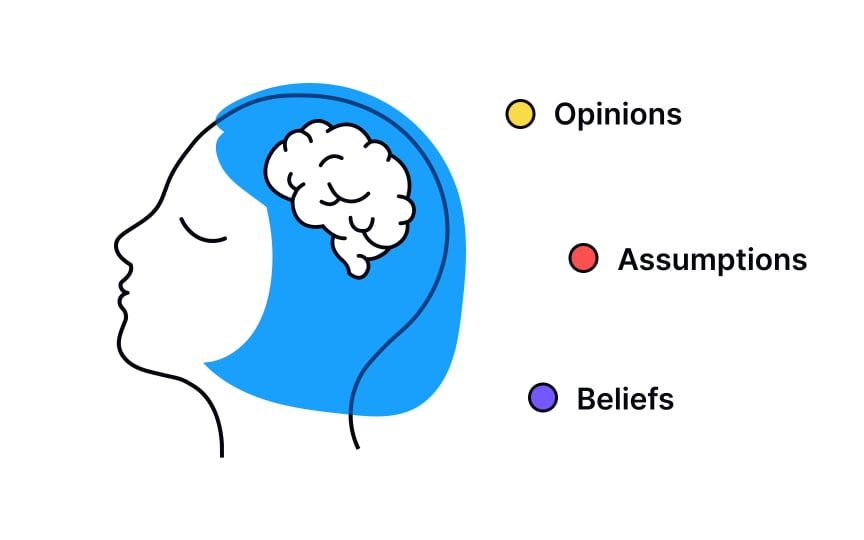Attitudinal data
The analysis of user research data produces a lot of qualitative data. Attitudinal qualitative data represents users' thoughts, beliefs, feelings, or assumptions based on what users say. This data type usually includes quotes and anecdotes collected during user interviews, focus groups, card sorting, or diary studies.[1]
One of the disadvantages of attitudinal data is that users don't always do what they say they're going to do. This means attitudinal data can be confusing and lead to wrong assumptions at times.
References
- How to Analyze Qualitative Data from UX Research: Thematic Analysis | Nielsen Norman Group

